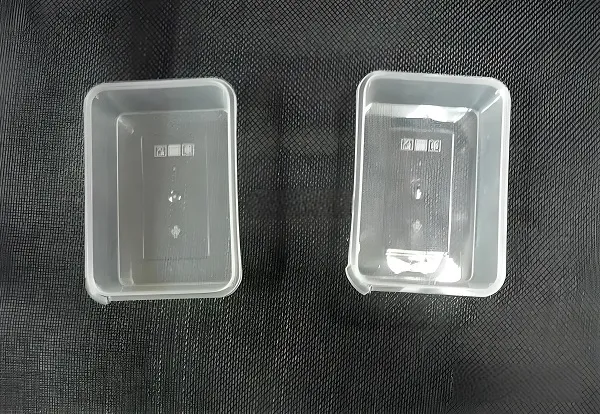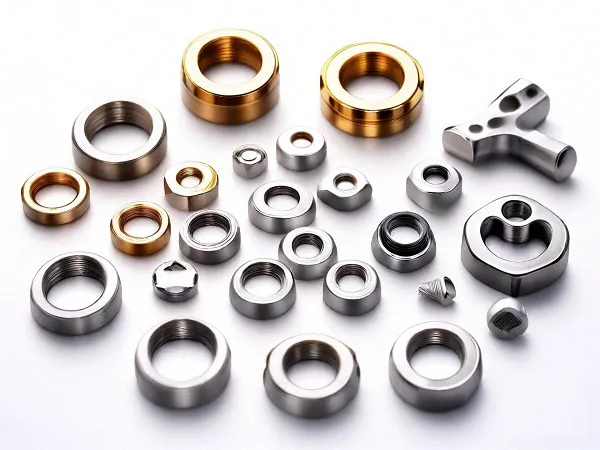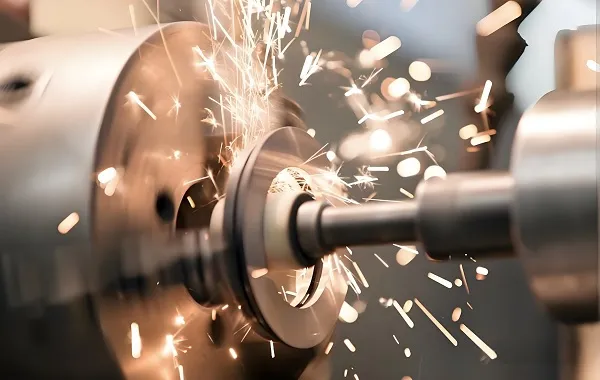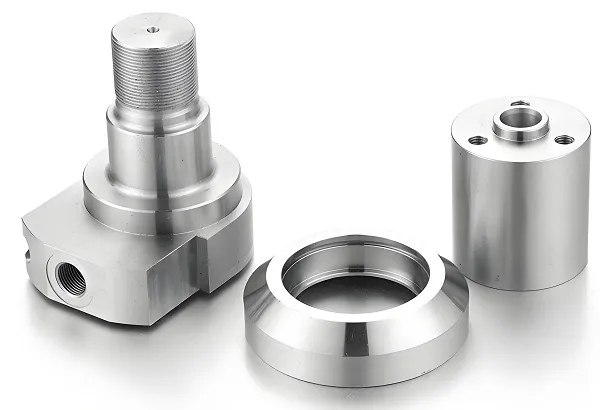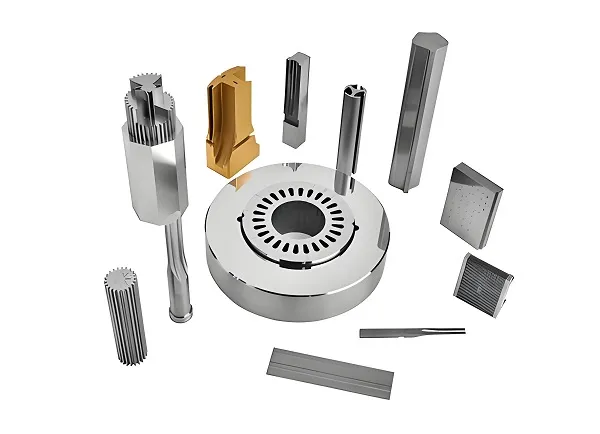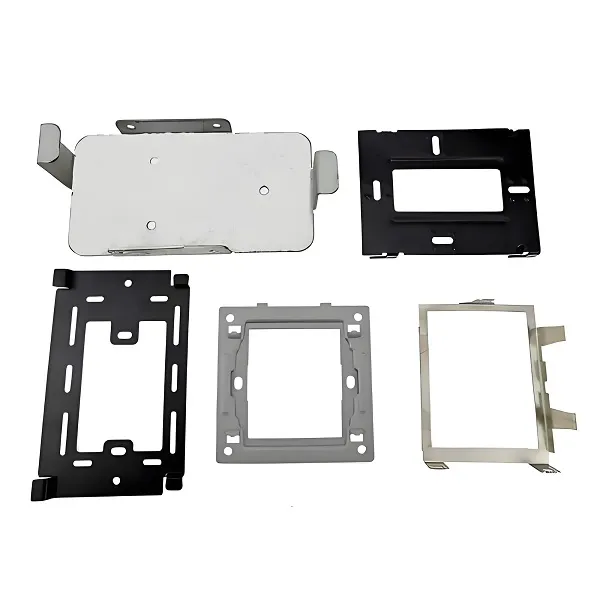Goldcattle, with 26 years in automotive precision manufacturing, specializes in custom steering wheels—covering luxury car steering wheels, racing steering wheels, vintage car reproductions, and specialty vehicle controls (leather/carbon fiber/aluminum materials). Using advanced 3D modeling, CNC machining, and handcrafting techniques, we deliver ±0.1mm tolerance components, backed by ISO 9001 and IATF 16949 certifications.
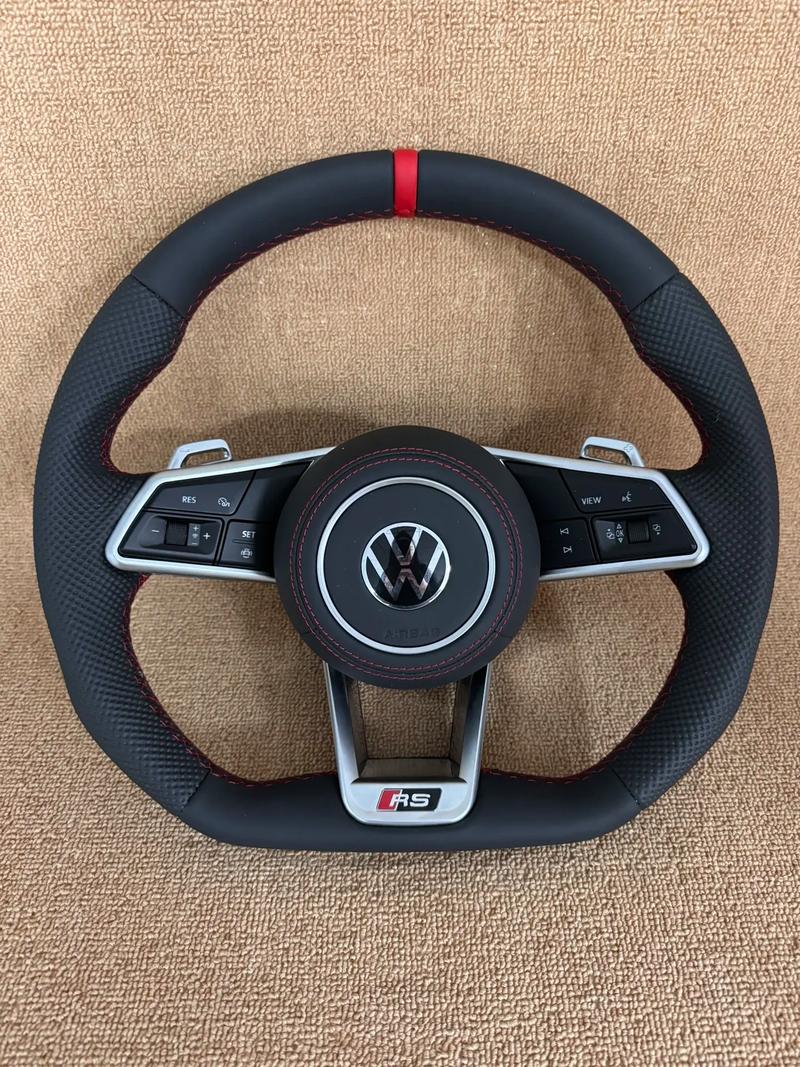
Core Manufacturing Technologies: Engineering for Control & Comfort
Custom steering wheels demand a balance of ergonomic design, material durability, and precise integration with vehicle systems. Goldcattle’s technologies optimize both performance and aesthetics for diverse applications.
1. Precision 3D Modeling & Prototyping
- CAD/CAM design: Creates ergonomic 3D models (STEP/IGES) with optimized grip contours, thumb rests, and control placements, tested via finite element analysis (FEA) to ensure 10,000+ cycle durability. A racing steering wheel model with 28° grip angle reduced driver fatigue by 30% in endurance tests.
- 3D printing prototypes: Produces functional ABS/nylon prototypes in 3-5 days for fit validation, allowing clients to test grip feel and button placement before final tooling. A luxury SUV steering wheel prototype underwent 5 design iterations based on driver feedback, refining thumb rest height by 2mm for optimal comfort.
- CNC machined masters: Creates aluminum tooling masters (±0.05mm tolerance) for leather molding and carbon fiber layup, ensuring consistent replication across production runs.
2. Advanced Material Processing
- Carbon fiber composite manufacturing: Uses pre-preg carbon fiber (3K/6K weave) with epoxy resin, cured at 120℃ in autoclaves to achieve 600MPa tensile strength and 50% weight reduction vs. steel. A racing steering wheel with 2mm carbon fiber thickness withstood 5,000N impact testing, exceeding FIA safety standards.
- Premium leather crafting: Hand-selected Italian leather (0.9-1.1mm thickness) undergoes CNC cutting (±0.5mm tolerance) and precision stitching (3mm stitch spacing) for uniform grip texture. A luxury sedan steering wheel with contrast stitching achieved 95% color consistency across 1,000 units, meeting OEM aesthetic standards.
- Metal component machining: CNC mills aluminum (6061-T6) and stainless steel trim pieces (e.g., spokes, button bezels) with Ra 0.8μm surface finish, ensuring corrosion resistance (500+ hours salt spray) and seamless integration with composite components.
3. Integration & Functional Testing
- Electronic integration: Precision drilling (±0.1mm) for wiring harnesses and sensor mounting, ensuring compatibility with airbags, cruise control, and infotainment systems. A smart steering wheel with 8 capacitive buttons achieved 0.02mm alignment with circuit boards, reducing button failure rates to <0.1%.
- Structural validation: Performs 100,000+ rotation cycle tests (±30°) and impact testing (100N at 50mm/s) to verify airbag deployment compatibility and structural integrity. All steering wheels meet FMVSS 203 and ECE R12 standards for occupant safety.
- Ergonomic testing: Uses pressure mapping sensors to optimize grip diameter (32-38mm) and contour, ensuring secure handling in wet/dry conditions. A rally car steering wheel with 34mm diameter and 0.5mm texture depth improved driver grip by 40% in moisture resistance tests.
4. Custom Finishing & Detailing
- Multi-layer painting: Applies UV-resistant clear coats (50-70μm thickness) to carbon fiber and metal components, achieving 90% gloss retention after 500 hours UV exposure. A sports car steering wheel with matte carbon finish maintained consistent texture across 500 units.
- Laser engraving: Adds logos, serial numbers, and control markings (±0.1mm accuracy) to leather and metal surfaces, ensuring durability through 10,000+ touch cycles. A limited-edition steering wheel featured laser-etched VIN matching, enhancing collectibility for luxury clients.
- Hand assembly: Final assembly by certified technicians includes airbag module integration, wiring harness testing, and fit verification with vehicle columns, ensuring <0.5mm radial runout at 360° rotation.
Material Expertise: Matching Materials to Steering Wheel Applications
Custom steering wheels balance weight, durability, and tactile feel—Goldcattle selects optimal materials for each use case:
| Material | Key Properties | Application | Advantages |
|---|---|---|---|
| Carbon Fiber Composite | 600MPa tensile strength, 1.5g/cm³ density | Racing, performance cars | 50% lighter than aluminum; high impact resistance; distinctive weave aesthetics. |
| Premium Leather (Full Grain) | 20MPa tensile strength, 15% stretch at break | Luxury vehicles, classic cars | Natural grip enhancement; develops patina over time; customizable stitching. |
| Aluminum Alloy (6061-T6) | 310MPa tensile strength, 2.7g/cm³ density | Sport sedans, off-road vehicles | Balances strength and weight; compatible with heating elements; easy to anodize. |
| Polyurethane (PU) Foam | 0.3g/cm³ density, 60-80 Shore A hardness | Standard automotive, commercial vehicles | Cost-effective; customizable density for grip comfort; compatible with various covers. |
Custom Steering Wheel Manufacturing Process
- Design & DFM Validation: Engineers collaborate with clients to refine:
- Ergonomic parameters (grip diameter, spoke placement, thumb rests)
- Material combinations (e.g., carbon fiber spokes + leather grip)
- Integration points (airbag, controls, heating elements)
Using driver feedback and FEA to optimize for 10,000+ hour service life.
- Prototype development:
- 3D printed functional prototype (1-2 weeks) for ergonomic testing
- Vacuum-formed leather sample to validate stitching patterns
- CNC machined metal components for fit checks with vehicle columns
- Tooling production:
- Aluminum molds for carbon fiber layup (±0.05mm tolerance)
- Laser-cutting templates for leather panels
- Injection molds for plastic trim pieces
- Component manufacturing:
- Carbon fiber: 8-layer layup with directional weave alignment, cured in autoclave
- Leather: Die-cutting, skiving (edge thinning to 0.5mm), and pre-forming
- Metal: CNC machining of spokes, followed by anodizing/powder coating
- Assembly & testing:
- Hand-stitching leather to foam core (3mm stitch pitch, 8-10N tension)
- Integration of electronics (heating elements, button modules)
- Final inspection: CMM for dimensional checks, impact testing, and rotation runout measurement
Custom Steering Wheel Application Fields
- Luxury Automobiles: Bespoke leather-wrapped steering wheels with wood/carbon accents, integrated heating, and haptic feedback buttons (e.g., Bentley, Rolls-Royce customizations).
- Racing & Motorsports: FIA-compliant carbon fiber steering wheels with quick-release hubs, paddle shifters, and telemetry controls (endurance racing, Formula-style vehicles).
- Vintage Car Restorations: Faithful reproductions of 1960s-1990s steering wheels (e.g., Porsche 911, Ferrari 250 GTO) using original materials and manufacturing techniques.
- Specialty Vehicles: Custom steering wheels for yachts, RVs, and off-road vehicles, with weather-resistant materials (UV-stable leather, marine-grade aluminum).
Customization Capabilities: From Concept to Production
Goldcattle offers end-to-end customization for unique steering wheel requirements:
- Ergonomic customization: Grip contours tailored to driver hand size (small/medium/large), with optional heated elements (30-45℃ adjustable) and ventilation channels.
- Aesthetic options:
- Carbon fiber weave patterns (3K twill, 6K plain, forged carbon)
- Leather grades (Nappa, Alcantara, perforated for breathability)
- Stitching (color-matched, contrast, double-needle, or custom logos)
- Finish details (polished/anodized metal, wood inlays, illuminated logos)
- Functional integrations: Paddle shifters, cruise control buttons, airbag modules, and racing quick-release hubs (MOMO/SPARCO compatible).
- Production scalability: 1-50 units/year (vintage restorations) to 5,000+ units/year (automotive OEMs), with consistent quality across runs.
Common Customization Questions
-
Q: What’s the lead time for a custom racing steering wheel?
A: 4-6 weeks for prototypes, 8-10 weeks for production tooling, and 2-3 weeks for first production run (50 units). Rush options reduce prototype lead time by 30% with expedited 3D printing. -
Q: Can custom steering wheels meet safety standards (FMVSS, ECE)?
A: Yes—all wheels undergo impact testing (5,000N at 6m/s), material flammability testing (UL 94 V-0), and airbag compatibility validation, with full certification documentation. -
Q: How durable is a leather-wrapped steering wheel in harsh climates?
A: UV-stabilized leather with polyurethane coating withstands 500+ hours of direct sunlight (ΔE color change <2) and 95% humidity without cracking, suitable for tropical regions. -
Q: Can you replicate a vintage steering wheel from a damaged original?
A: Yes—3D scanning (0.05mm accuracy) captures the original geometry, followed by reverse engineering to recreate lost details. A 1965 Mustang steering wheel was replicated with 99.5% accuracy, including original grain pattern.
Ready to Elevate Your Driving Experience?
Goldcattle transforms vision into precision-crafted steering wheels that blend ergonomics, performance, and style. Whether for luxury vehicles, racing teams, or vintage restorations, our 26-year expertise ensures every detail meets your exacting standards.
Upload your design sketches or requirements via our online form to receive a personalized feasibility report and quote within 24 hours. Our team will guide you from concept to production, creating a steering wheel that enhances both control and aesthetics.
“Goldcattle’s custom carbon fiber steering wheel reduced our race car’s weight by 1.2kg while improving driver grip—critical for our endurance racing success. The precision integration with our telemetry system was flawless.” — Professional Racing Team Client

